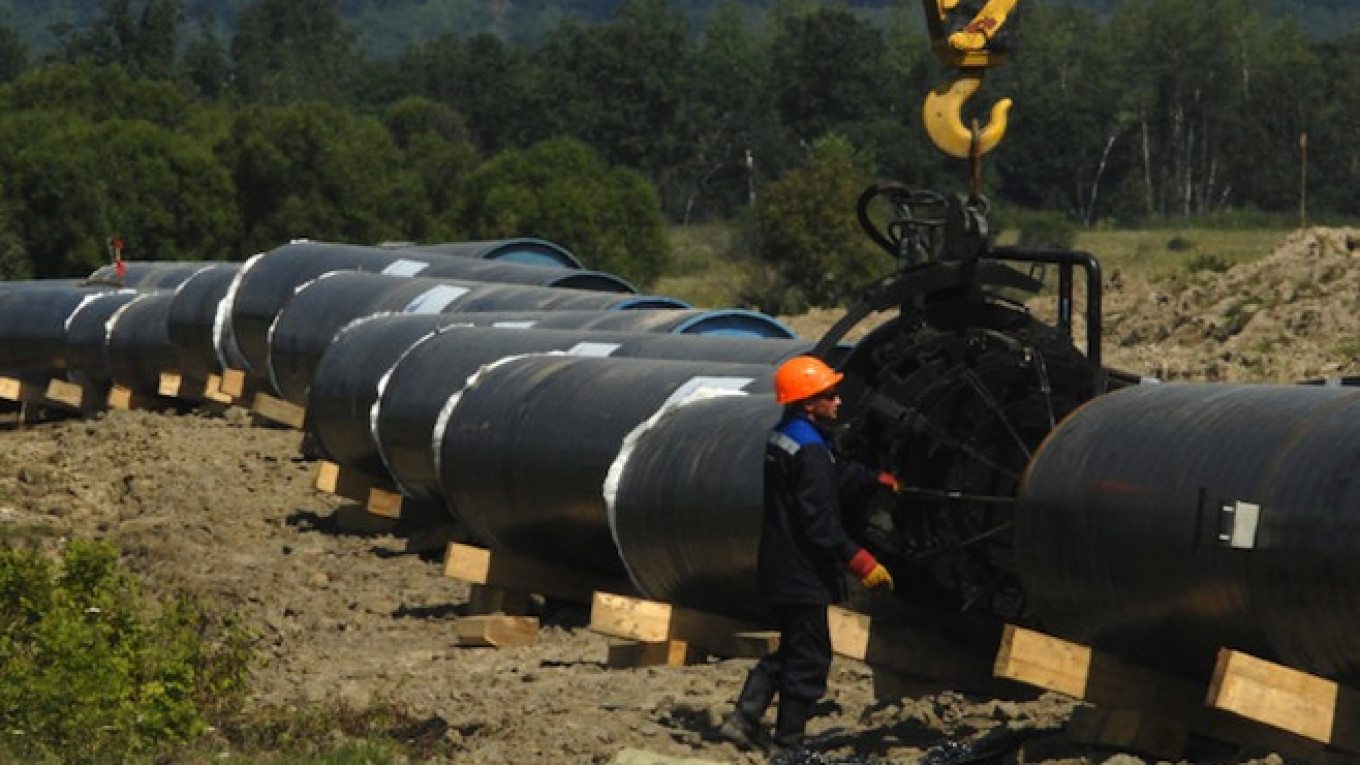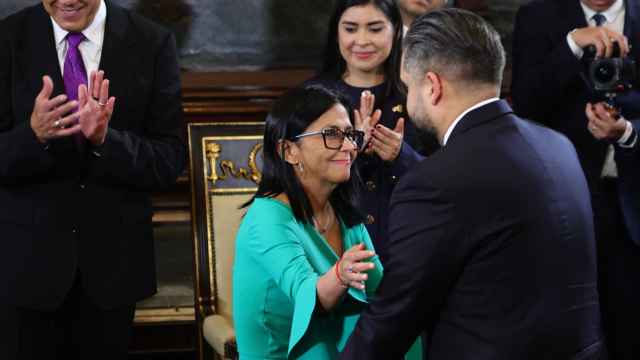ANKARA — Any decision to build a pipeline to transport Russian gas through Turkey should be made in consultation with the European Union and should not breach pre-existing legal commitments, the European Commission's energy chief said.
Russia in December abandoned its $40 billion South Stream project after objections from the EU over potential excessive Russian control of European gas supplies through a pipeline that would have passed under the Black Sea to Bulgaria and carried up to an annual 63 billion cubic meters (bcm) of gas to Europe.
Instead, Russian gas exporter Gazprom announced in January its intention to build an undersea gas pipeline with the same capacity to an as-yet unbuilt hub on the Turkish-Greek border by the end of 2016.
During a visit to Turkey, Maros Sefcovic, the European Commission's vice president in charge of energy policy, said that no details on the Russian proposal had been received and that any plans should be economically viable and compatible with Gazprom's obligations to its long-term European customers.
"When we speak about some big supplies for European customers, you cannot adopt such a decision without talking to them, without talking to the EU and without talking to the European Commission," Sefcovic said at a press briefing in Ankara on Monday evening.
He also expressed concern over the potential switching off of existing routes via Ukraine in favor of the proposed Turkish Stream.
"If all this should just change like that, I don't think this is ordinary procedure and that this is how such a big client like the EU should be treated," Sefcovic added.
The EU is the world's largest energy customer, spending 400 billion euros ($423.7 billion) a year on oil and gas imports.
A Message from The Moscow Times:
Dear readers,
We are facing unprecedented challenges. Russia's Prosecutor General's Office has designated The Moscow Times as an "undesirable" organization, criminalizing our work and putting our staff at risk of prosecution. This follows our earlier unjust labeling as a "foreign agent."
These actions are direct attempts to silence independent journalism in Russia. The authorities claim our work "discredits the decisions of the Russian leadership." We see things differently: we strive to provide accurate, unbiased reporting on Russia.
We, the journalists of The Moscow Times, refuse to be silenced. But to continue our work, we need your help.
Your support, no matter how small, makes a world of difference. If you can, please support us monthly starting from just $2. It's quick to set up, and every contribution makes a significant impact.
By supporting The Moscow Times, you're defending open, independent journalism in the face of repression. Thank you for standing with us.
Remind me later.






